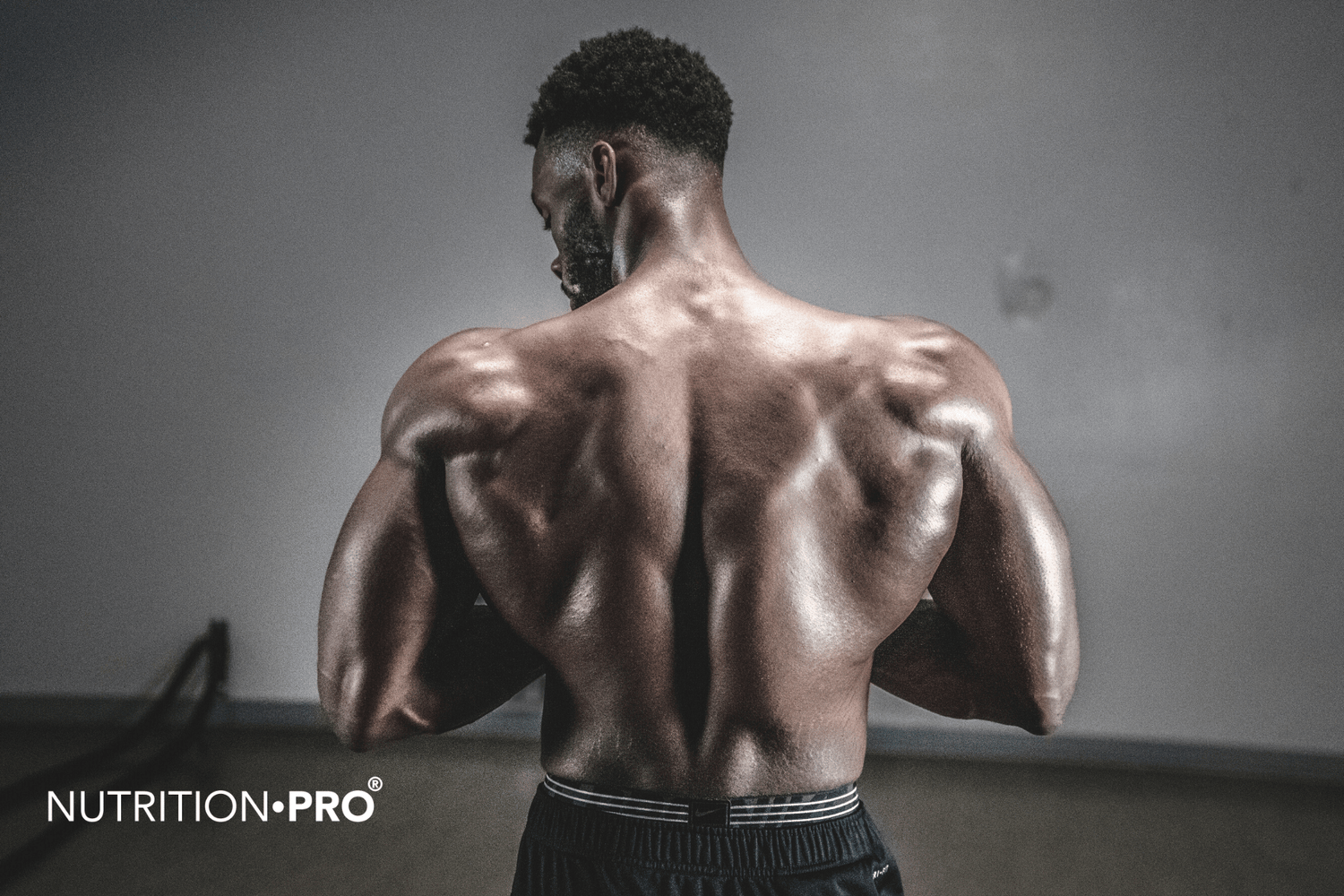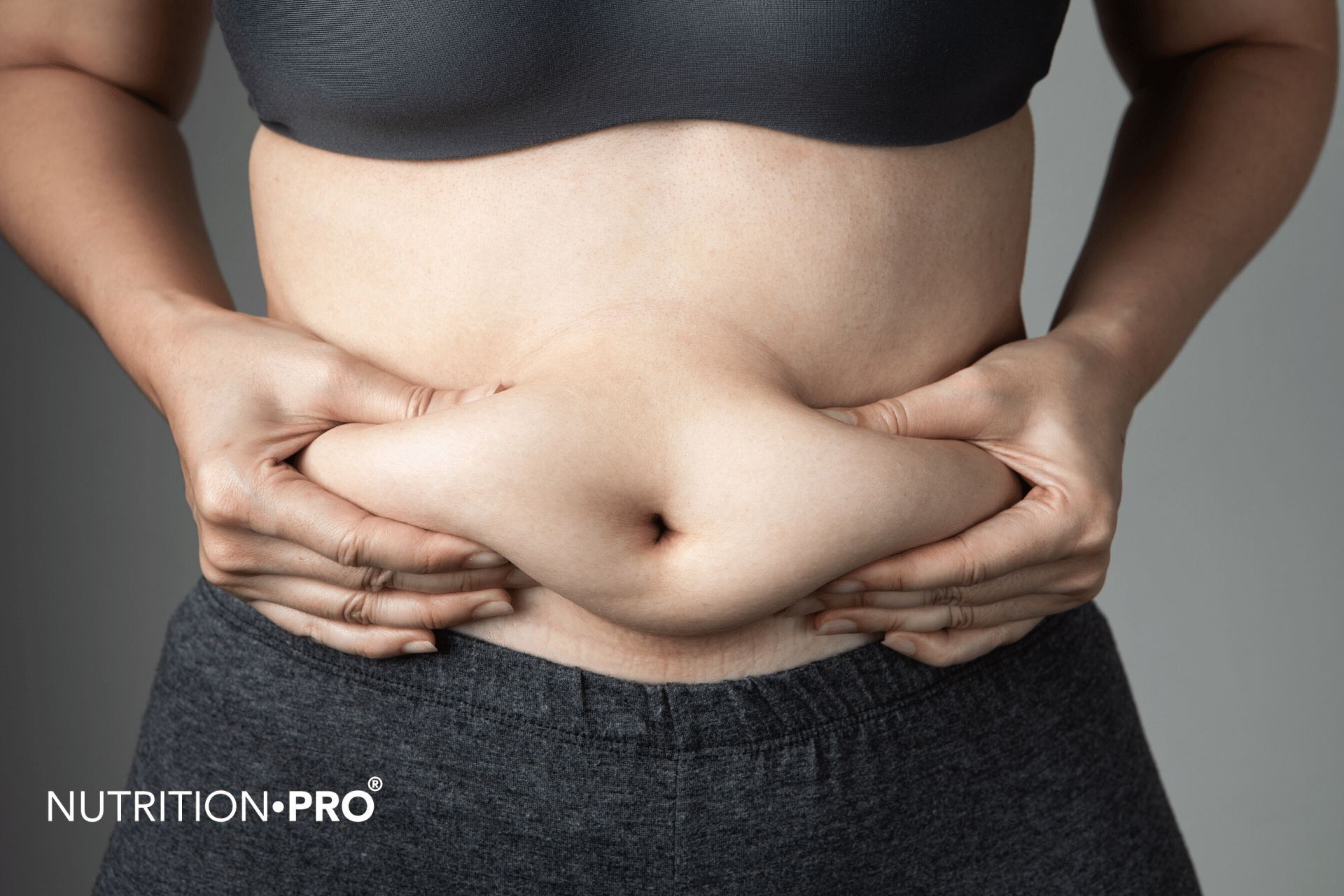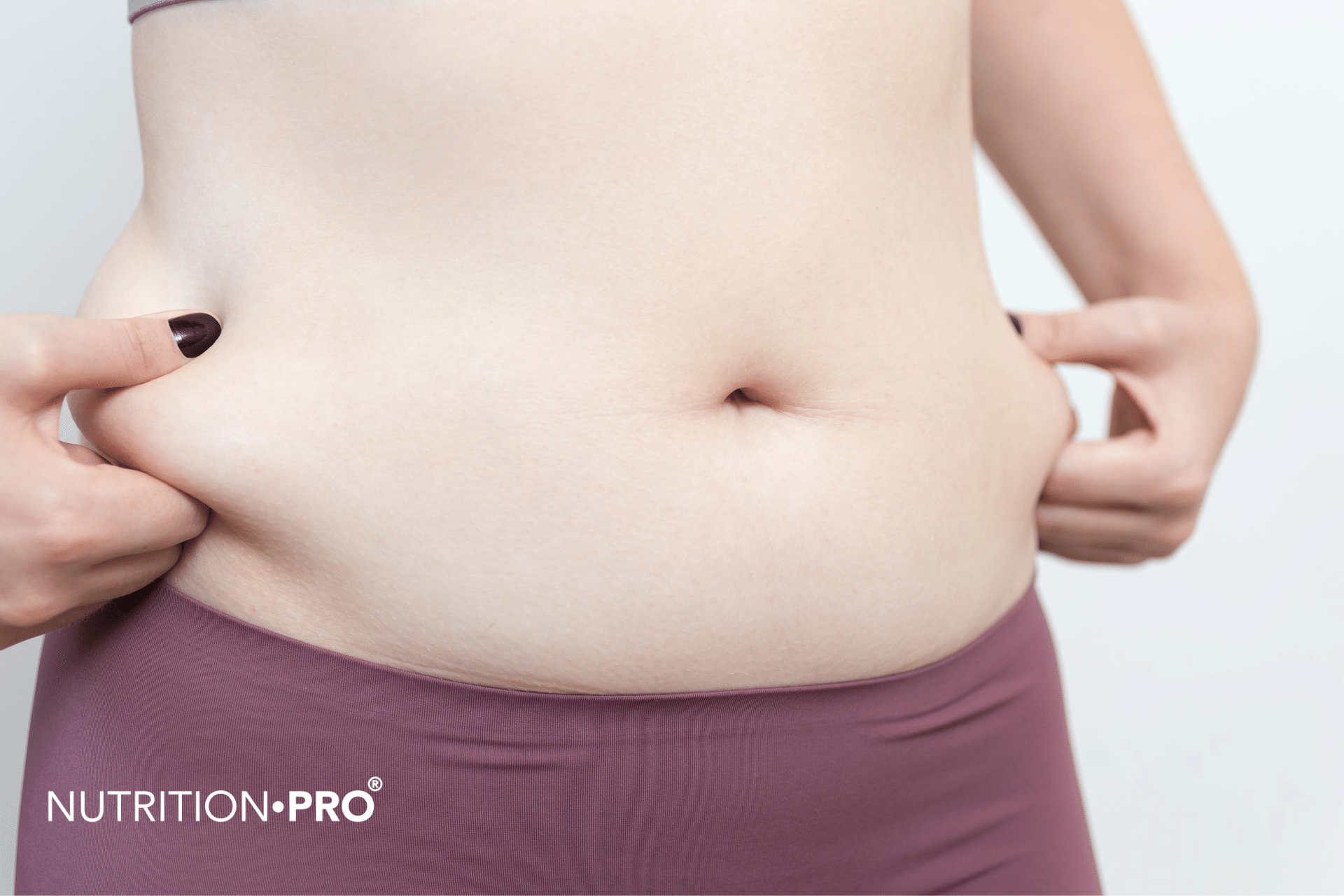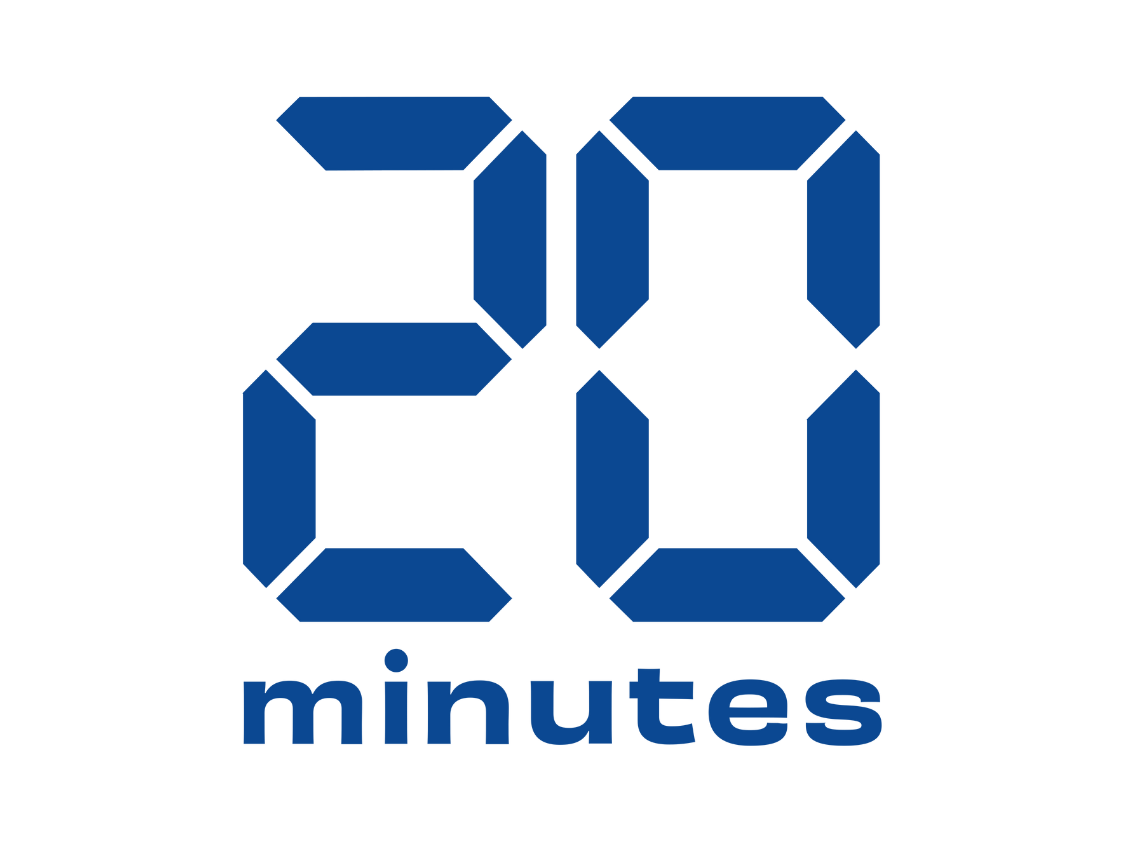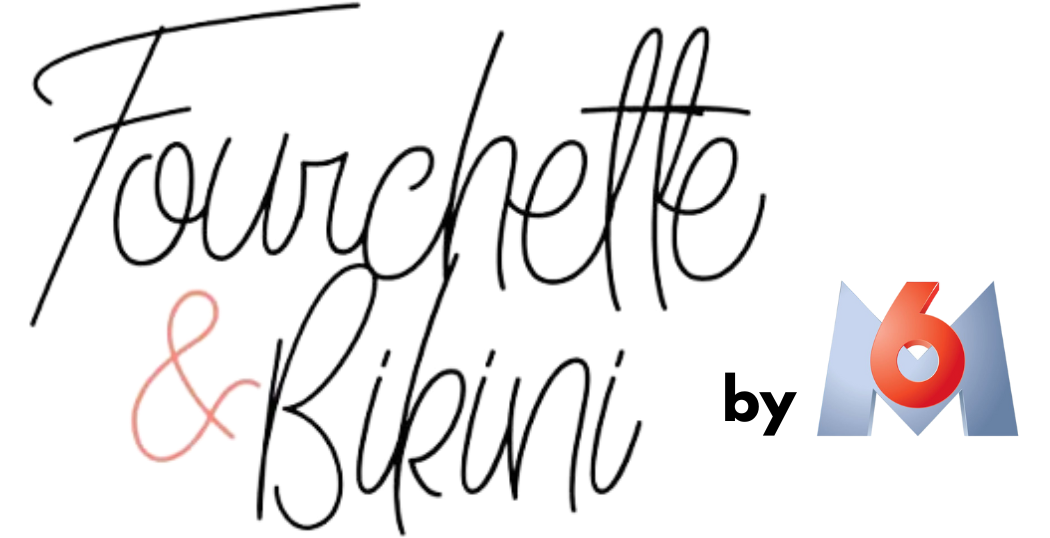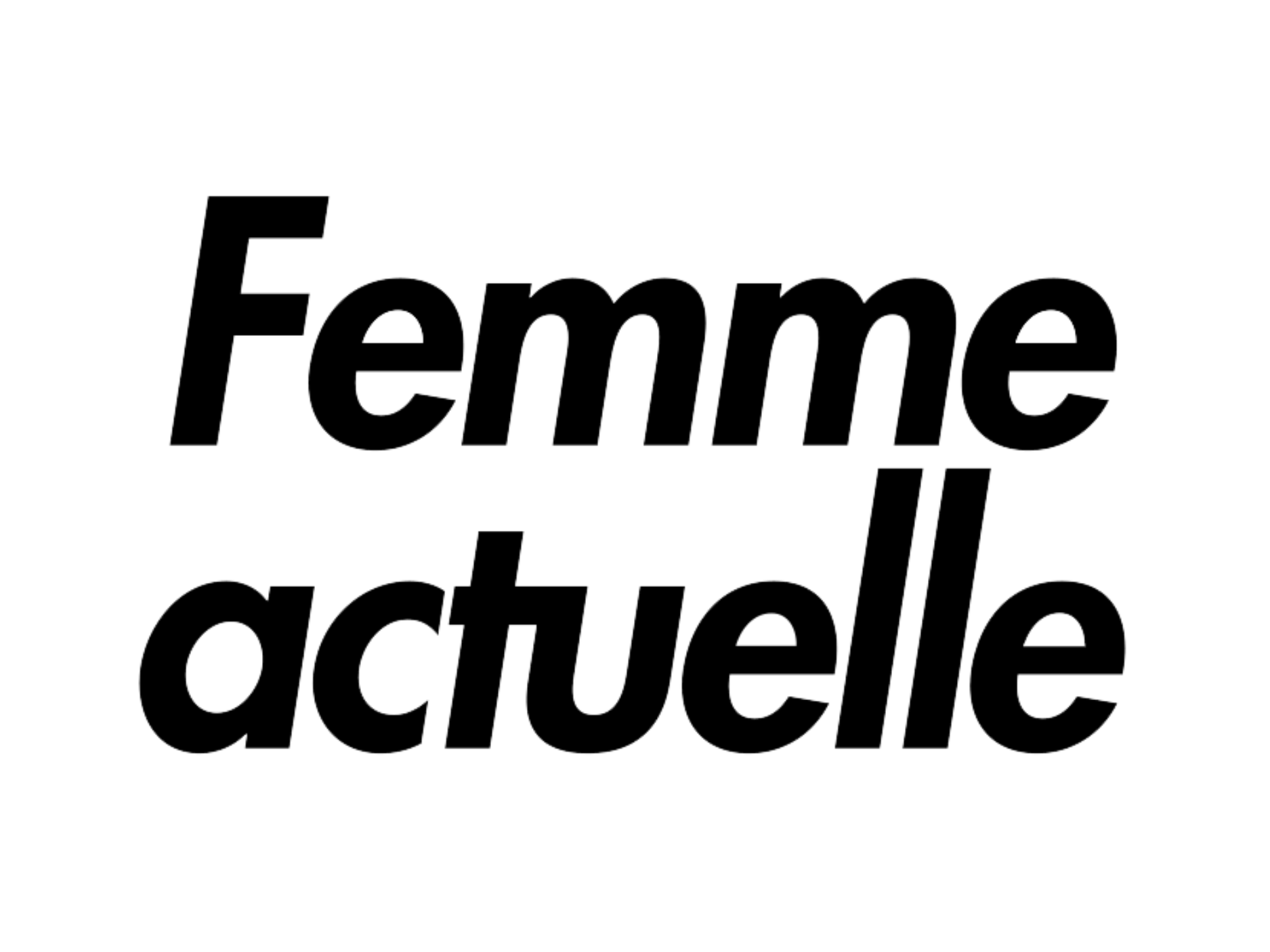Both nutrition and physical activity are essential if you want to gain lean muscle mass.
For starters, it's essential to challenge your body through physical activity. However, without a proper nutrition plan , your progress will stall.
Protein-rich foods are very important for gaining muscle, but carbohydrates and fats are also necessary sources of energy.
If your goal is to gain lean muscle , you need to focus on exercising regularly and eating more calories from foods to build muscle each day.
Food supplements are also a very effective alternative.
Our improved formula has been developed to ideally increase energy intake in order to generate rapid, healthy and effective mass gain .

Discover the Lean Gainer Mass by clicking here
What to eat to gain muscle mass?
Here are 24 of the best foods for gaining lean muscle mass:
1. Eggs
Eggs contain high-quality protein , healthy fats, and other important nutrients like B vitamins and choline .
Protein is made up of amino acids, and eggs contain high amounts of leucine, an amino acid particularly important for muscle gain .
Additionally, B vitamins are critically important for a variety of processes in your body, including energy production .
2. Salmon
Salmon is an excellent choice for muscle building and overall health.
Each 85-gram serving of salmon contains about 17 grams of protein, nearly 2 grams of omega-3 fatty acids, and several important B vitamins .
Omega-3 fatty acids play an important role in muscle health and may even increase muscle gain during exercise programs .
3. Chicken breast
There's a good reason why chicken breasts are considered a muscle-building staple .
Each 85-gram serving contains approximately 26 grams of high-quality protein .
They also contain generous amounts of the B vitamins niacin and B6, which can be especially important if you're active .
These vitamins help your body function properly during the physical activity and exercise that is necessary for optimal muscle gain .
Additionally, some research has shown that high-protein diets containing chicken may aid in fat loss .
4. Greek yogurt
Dairy products not only contain high-quality protein , but also a mix of fast-digesting whey protein and slow-digesting casein protein.
Some research has shown that people experience an increase in lean body mass when they consume a combination of fast- and slow-digesting dairy proteins .
However, not all dairy products are created equal.
For example, Greek yogurt often contains about twice the amount of protein as regular yogurt .
Although Greek yogurt is a great snack, eating it after a workout or before bed can be beneficial due to its mix of fast and slow digesting proteins .
5. Tuna
In addition to 20 grams of protein per 85 grams, tuna contains high amounts of vitamin A and several B vitamins, including B12, niacin, and B6. These nutrients are important for optimal health, energy, and exercise performance .
Additionally, tuna provides high amounts of omega-3 fatty acids , which may support muscle health .
This can be especially important for older people. Research has shown that omega-3 fatty acids can slow the loss of muscle mass and strength that occurs with age .
6. Lean beef
Beef is packed with high-quality protein , B vitamins, minerals, and creatine .
Some research has even shown that eating lean red meat can increase the amount of lean body mass gained with weight training .
However, even when trying to gain muscle , it may be best to choose beef that promotes muscle gain without providing too many extra calories.
For example, 85 grams of 70% lean ground beef contains 228 calories and 15 grams of fat .
However, the same amount of 95% lean ground beef contains slightly more protein and only 145 calories and 5 grams of fat .
7. Shrimp
Shrimp is nearly pure protein. Each 85-gram serving contains 18 grams of protein, 1 gram of fat, and zero carbs .
While healthy fats and carbs are important in your overall diet, adding shrimp is an easy way to get muscle-building protein without too many extra calories.
Like many other animal proteins, shrimp contain a large amount of the amino acid leucine, which is necessary for optimal muscle growth.
8. Soy
A half cup (86 grams) of cooked soybeans contains 14 grams of protein, healthy unsaturated fats, and several vitamins and minerals .
And one of the best sources of vegetable protein.
Soy is a particularly good source of vitamin K, iron, and phosphorus .
Iron is used to store and transport oxygen in your blood and muscles, and a deficiency can impair these functions .
Young women may be particularly at risk of iron deficiency due to blood loss during menstruation .
9. Cottage cheese
One cup (226 grams) of low-fat cottage cheese contains 28 grams of protein, including a hearty dose of leucine, an amino acid important for building muscle .
Like other dairy products, cottage cheese can be purchased with varying fat contents. High-fat versions like creamed cottage cheese provide more calories.
Deciding which type of cottage cheese is best for you simply depends on how many extra calories you want to add to your diet.
Whichever type you choose, it's a great muscle-building snack .
10. Turkey breast
85 grams of turkey breast contains about 25 grams of protein and almost no fat or carbs .
Turkey is also a good source of the B vitamin niacin , which helps process fats and carbohydrates in your body .
Having optimal levels of B vitamins may help you gain muscle over time by supporting your body's ability to exercise .
11. Tilapia
Although it doesn't contain as many omega-3 fatty acids as salmon, tilapia is another protein-rich seafood product.
85 grams provides about 21 grams of protein, along with good amounts of vitamin B12 and selenium .
Vitamin B12 is important for the health of your blood cells and nerves, allowing you to perform the exercise you need to gain muscle .
12. Beans
Many different varieties of beans can be part of a diet for lean muscle gain .
Popular varieties, such as black, pinto, and kidney beans, contain about 15 grams of protein per cup (about 172 grams) of cooked beans .
In addition, they are excellent sources of fiber and B vitamins, in addition to being rich in magnesium, phosphorus and iron.
For these reasons, beans are a good source of plant-based protein to add to your diet.
Additionally, they may play a role in long-term health and disease prevention .
13. Protein Powders
While any good diet should focus on whole foods, there are times when dietary supplements can be beneficial .
If you struggle to get enough protein from food alone, you might consider adding protein shakes to your daily routine.
Dairy protein powders, such as whey and casein , are among the most popular.
However, there are also other options. Some protein powders use soy, pea, beef, or chicken protein.
14. Edamame
Edamame is the term for immature soybeans. These developing beans are found in pods and are served in a variety of dishes, especially those of Asian origin.
155 grams of frozen edamame provides about 17 grams of protein and 8 grams of fiber. It also contains high amounts of folate, vitamin K, and manganese .
Among other functions, folate helps your body process amino acids, the building blocks of protein .
15. Quinoa
While protein-rich foods are a priority for building lean muscle , it's also important to have the fuel to be active.
Foods containing carbohydrates can help provide this energy .
Cooked quinoa has about 40 grams of carbs per cup (185 grams), along with 8 grams of protein, 5 grams of fiber, and copious amounts of magnesium and phosphorus .
Magnesium plays an important role in the function of your muscles and nerves, both of which are used every time you move .
In fact, folate may be important for optimal muscle mass and strength, especially in older adults .
16. Scallops
Like shrimp, tilapia and lean poultry, scallops provide protein with very little fat.
If you're looking to add protein to your diet without consuming too many calories, these very lean sources can be good choices.
85 grams of scallops provide about 20 grams of protein and less than 100 calories .
17. Chickpeas
Chickpeas, also called garbanzo beans, are a good source of carbohydrates and protein.
Each 1-cup (240-gram) serving of canned chickpeas contains about 12 grams of protein and 50 grams of carbohydrates, including 10 grams of fiber .
As with many plants, the protein in chickpeas is considered lower quality than animal sources. However, chickpeas can still be part of a balanced muscle-building diet .
18. Peanuts
Peanuts contain a mixture of proteins, fats and carbohydrates. A half-cup (73-gram) serving contains 17 grams of protein, 16 grams of carbohydrates, and high amounts of unsaturated fat .
They also contain higher amounts of the amino acid leucine than many other plant products.
Each half-cup (73-gram) serving of peanuts contains about 425 calories .
So if you're struggling to get enough calories to boost your muscle gain , eating peanuts might be a good way to get extra calories and nutrients.
Additionally, nuts are said to play an important role in an overall healthy diet .
19. Buckwheat
Buckwheat is a seed that can be ground into flour and used in place of traditional flours.
Half a cup (60 grams) of buckwheat flour contains about 8 grams of protein, as well as plenty of fiber and other carbohydrates .
Buckwheat has become a very popular health food due to its impressive vitamin and mineral content.
It contains high amounts of B vitamins, magnesium, manganese, and phosphorus .
These vitamins and minerals can help keep your body healthy and able to perform muscle-building exercises.
20. Tofu
Tofu is produced from soy milk and often used as a meat substitute.
Each half-cup (124-gram) serving of raw tofu contains 10 grams of protein, 6 grams of fat, and 2 grams of carbs .
Tofu is also a good source of calcium, which is important for proper muscle function and bone health .
Soy protein, found in foods like tofu and soybeans, is considered one of the highest quality plant proteins .
For all these reasons, foods containing soy protein are great options for vegans and vegetarians .
21. Pork Tenderloin
Pork is widely consumed in many countries .
Pork tenderloin is a lean meat that provides 18 grams of protein and only two grams of fat per 85 grams .
Some research has shown that pork has similar effects to other muscle-building foods , such as beef and chicken .
22. Milk
Milk provides a mixture of proteins, carbohydrates and fats.
Similar to other dairy products, milk contains both fast and slow digesting proteins.
It is believed to be beneficial for muscle growth. In fact, several studies have shown that people can increase muscle mass when they drink milk in combination with weight training.
23. Almonds
Half a cup (about 172 grams) of blanched almonds provides 16 grams of protein and high amounts of vitamin E, magnesium, and phosphorus .
Among other roles, phosphorus helps your body use carbohydrates and fats for energy at rest and during exercise .
As with peanuts, almonds should be eaten in moderation due to their high calorie content. Half a cup of blanched almonds contains over 400 calories .
24. Brown rice
Although cooked brown rice only provides 5 grams of protein per cup (195 grams), it contains the carbs you need to fuel your physical activity .
Consider eating healthy carb sources like brown rice or quinoa in the hours before you exercise .
This can allow you to exercise more, giving your body a greater stimulus for muscle growth .
Additionally, some research has shown that rice protein supplements can produce as much muscle gain as whey protein during a weight training program .
What dietary supplements for mass gain?
If you make exercising regularly , you probably want to make sure you get the most out of it.
An important benefit of exercise is gaining muscle and strength. Having a healthy amount of muscle allows you to perform at your best during exercise and everyday life.
Three main criteria must be met for maximum muscle gain :
- Eating more calories than you burn
- Consuming more protein than you break down
- A stimulating exercise program for your muscles
While it's possible to meet all of these criteria without taking supplements, some supplements can help you achieve your goals.
Protein supplements
Getting enough protein is essential for gaining muscle .
Specifically, to gain muscle, you need to consume more protein than your body breaks down through natural processes.
Although it's possible to get all the protein you need from high-protein foods, some people struggle to do so.
If this sounds like you, you might want to consider taking a protein supplement .
Research shows that adding extra protein via supplements leads to greater muscle gain in people who exercise than adding extra carbohydrates .
The Gainers
Gainers are effective supplements designed to help you get more calories and protein . They are generally used by people who have trouble gaining muscle.
Some people struggle to gain muscle, even when consuming large amounts of calories and lifting weights .
Although the calorie content of weight gain supplements varies, it is not uncommon for them to contain over 1000 calories per serving.
Many people think these calories come from protein because it's so important for building muscle. However, most calories actually come from carbohydrates.
Overall, weight gainers are only recommended if you find it difficult to eat enough food and find it easier to drink a weight gainer shake than to eat more real food.
The essential
Many foods can help you gain lean muscle mass. Many of them are high in protein and allow your muscles to recover and grow after being active.
However, it is also important to consume carbohydrates and fats to provide fuel for exercise and physical activity.
Plus, many of the foods on this list contain the vitamins and minerals your body needs to function at its best.
To achieve your goal of gaining lean muscle mass, focus on exercising regularly and eating more calories each day from nutritious foods like those listed in this article.

